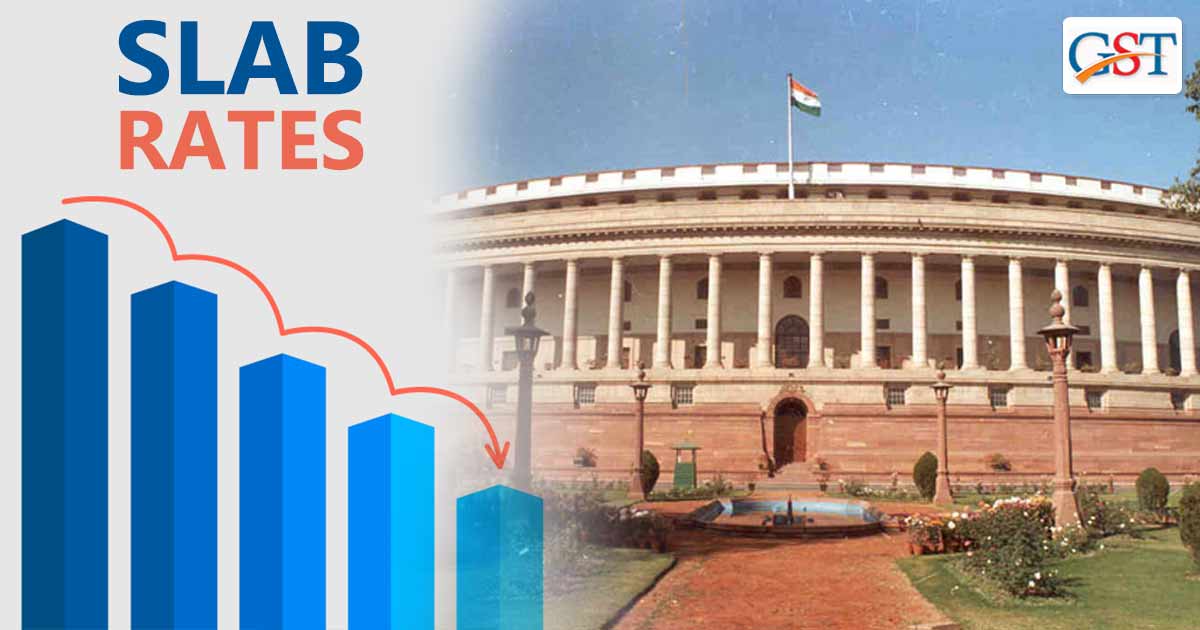Arjun Ram Meghwal, Minister of State for Finance and Corporate Affairs said that The Central Government is looking to reduce the tax slab rates in the newly implemented GST Regime. Currently, the GST Council has announced five tax slab rates including zero percent and four others are -5 per cent, 12 per cent, 18 per cent and 28 per cent under the new indirect tax regime.
While addressing an interactive session arranged by Indian Chamber of Commerce, Meghwal said, “The Centre may consider bringing down the number of tax slabs once it is convinced of improvement in revenues”. In the views of Meghwal, the main aim of introducing multiple tax slab rates is that the small business enterprises were not influenced by the new GST Regime, the objective of the Central Government was to make simpler tax slab rate structures by consideration of all State Governments under the GST Regime.
The Minister also said that, “Previously there was a Union list, a State list, and a concurrent list. But with GST there will be uniformity in terms of taxation. We could have taken decisions in the GST Council on the basis of a majority but that was not done, as we wanted to bring the States on board.”
On the issue of extending fiscal incentives to specific tax-free manufacturing areas such as Guwahati, the minister said the matter was still under consideration. Before taking any final decision GST Council is waiting for the first filing returns that would be a file at the end of August.
He further added that “The GST Council will take a call on whether to extend sops to such manufacturing zones or not. But, as of now, we are waiting for the returns to be filed before taking any calls.”
As per Meghwal, After the implementation of GST Regime, nearly 13.2 lakh new traders have registered at GST Network. West Bengal is one of the states where the highest number of the traders nearly 56,000 have registered under the GST Regime. Already registered traders in the pre- GST Regime were approximately 80 lakh. The new Companies Amendment (Bill) will make easier in doing business as well as strengthening corporate governance norms and would help to take strict actions against defaulters.
Read Also: Disadvantages of Transaction with Unregistered GST Dealer
The New Amendment Bill will make easier for the companies to organize Annual General Meetings (AGMs) in different places rather than their registered addresses. Till now organising of AGMs in cities, it was compulsory for the companies to register. While addressing an interactive session at Merchants’ Chamber of Commerce, Meghwal said, “The Bill is likely to pass by the Rajya Sabha in the coming session.”










